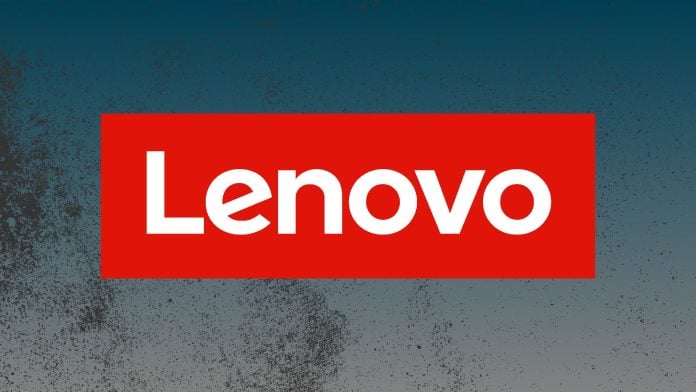A classic tale of frustration echoes through the halls of small business — that moment when a crucial piece of equipment fails, leaving owners scrambling for solutions. A broken washer-dryer has inspired a groundbreaking initiative in product design that promises to reshape technology. Lenovo’s commitment to sustainable design aims to minimize waste and ultimately enhance the lifespan of devices, a shift that small business owners should pay close attention to.
Lenovo’s approach centers on integrating sustainability into product design from the outset. The company employs an innovative tool called Life Cycle Assessment (LCA), powered by artificial intelligence. This technology enables designers to obtain detailed environmental insights at the component level, allowing them to make informed choices that can dramatically reduce a product’s carbon footprint.
For small business owners, the implications are significant. By purchasing equipment designed with longevity and repairability in mind, businesses can enjoy reduced costs and prolonged usage of their devices, ultimately leading to a more sustainable operation. Lenovo’s commitment to repairing and maintaining devices means that owners can expect their technology to last longer, reducing the financial burden of frequent replacements.
Lenovo’s AI-enabled LCA technology allows for the rapid generation of Product Carbon Footprints (PCFs) within seconds. This means small businesses can access vital data on how different materials and production processes impact their chosen devices. Armed with this information, owners can select products aligned with their sustainability goals, considering factors such as shipping options and power sources.
“Customers expect sustainability to be built in, rather than bolted on,” said a representative from Lenovo. This sentiment resonates particularly well among small businesses that strive to meet customer demands for eco-friendly practices. By embedding sustainability into the core of its design process, Lenovo is shifting the conversation from surface-level aesthetics to actionable, accountable practices.
Lenovo’s commitment extends beyond mere carbon measurement. The company’s R.E.A.L. framework — focusing on Responsible design, Ethical materials, Accountable models, and Life Cycle Intelligence — embodies a circular economy model. This philosophy emphasizes reusing products first and recycling them second, ensuring that devices have a second life rather than ending up in landfills after a single failure.
One key aspect of Lenovo’s strategy is that by 2025, 84% of its PC repairs will be possible without the need to send products back to a repair center. For small businesses, this means less downtime and quicker turnaround in getting devices back to operational status. The less frequent need for repairs could also pave the way for long-term cost savings.
However, while the benefits are appealing, small business owners should also consider potential challenges. Transitioning to sustainably designed products may come with initial costs. The market for repairs and replacement parts may not yet be widely established, leading to concerns regarding accessibility. Furthermore, small businesses must ensure they keep abreast of the evolving technologies in sustainability to maximize their investment.
Lenovo’s push toward utilizing sustainable materials is equally commendable. With initiatives like a closed-loop plastics program, the company is reclaiming retired devices to create new components. Starting in 2024, Lenovo plans to expand the use of recycled materials across various products, making choices easier for small business owners who prioritize sustainability in their purchasing decisions.
The benefits of Lenovo’s approach extend to the broader business landscape, where sustainability is increasingly tied to brand reputation. Small businesses that embrace these changes may find themselves better positioned in a market that demands environmental accountability.
In an era where buyers are more conscientious about their choices, Lenovo’s investment in LCA technology aligns with the aspirations of forward-thinking small business owners. Acting on these insights not only supports eco-friendly practices but also makes fiscal sense in the long run.
As businesses consider their place in today’s eco-conscious market, they should harness the power of sustainability not just as a buzzword but as a fundamental component of their operations. By keeping up with innovations like Lenovo’s AI-enabled LCA, small businesses can play a role in creating a more sustainable future while driving their success forward.
For more detailed insights on Lenovo’s initiatives and the broader implications for small businesses, visit the original press release.
Image Via BizSugar



